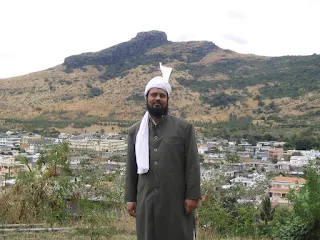True Oaths in Islam
 And when My servants ask you concerning Me, then surely I am very near; I answer the prayer of the suppliant when he calls on Me, so they should answer My call and believe in Me that they may walk in the right way. [Al-Baqarah, 2: 187]
And when My servants ask you concerning Me, then surely I am very near; I answer the prayer of the suppliant when he calls on Me, so they should answer My call and believe in Me that they may walk in the right way. [Al-Baqarah, 2: 187]
Islam teaches man to address
his Creator directly. There is no need to use any intermediary. There is no
need to go through creatures to join the Creator. It is on earth that man uses
this means to reach another person like him. For example, to join a Minister,
you have to make an appointment with his secretary and then later you join him
[i.e. the Minister].
This is the way [of doing] of man. But talking with Allah is so easy that you just have to call on Him, and He will answer your call. If someone offers a sacrifice (e.g. an ox, a hen etc.) to others besides Allah, he is committing Shirk. He has no right to say: “I am doing this sacrifice on the name of such Pir or such Saint.” It’s Shirk.



















